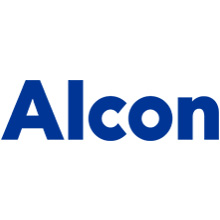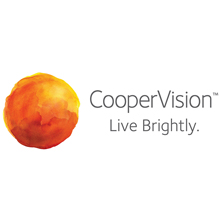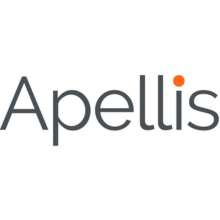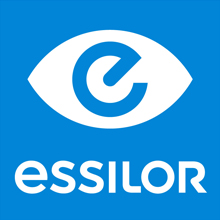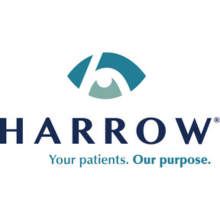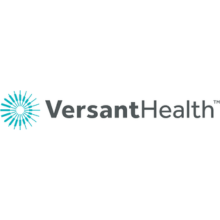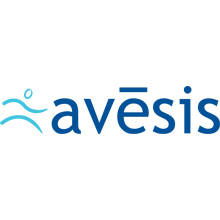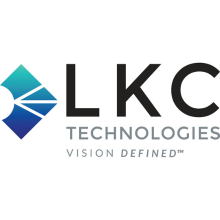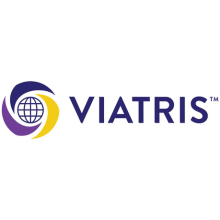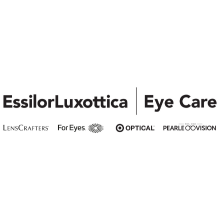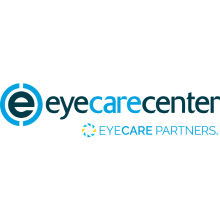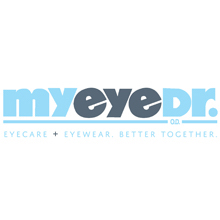North Carolina Doctors of Optometry Prioritize Patient Health and Safety As Practices ReopenDoctors of optometry in North Carolina are implementing new protocols to safely return to providing the full range of eye health and vision care services residents need and deserve Raleigh, NC – June 2, 2020 — Across the state, doctors of optometry are resuming the delivery of complete, comprehensive eye health and vision care under a guided transition as part of America's COVID-19 pandemic response. While practice operations will proceed under a “new normal,” the North Carolina Optometric Society (NCOS) is working with the American Optometric Association (AOA) to ensure the continued safe delivery of essential eye care during the COVID-19 public health emergency for patients and the public. “Eye health and vision care is essential care and we are eager to return to providing a full range of services that make a difference in our communities every day, says Scott Athans, O.D., NCOS president. “Doctors of optometry in North Carolina are doing everything reasonable to ensure the health and safety of our patients and staff as we begin to resume providing that level of care once again.” While changes will vary with individual practice locations, patients can be assured that doctors of optometry are adhering to federal, state and local health directives regarding infection prevention measures and implementing appropriate safety procedures within the office. The NCOS has put together a guide to reopening North Carolina optometry for optometrists in the state to utilize. This guide not only includes strict protocols for cleaning and sterilization, it also includes measures to effectively manage patient flow and encourage physical distancing. Some of the new protocols patients can anticipate may include screening for symptoms of COVID-19 and taking temperature upon arrival at the facility, limiting the number of guests allowed in waiting rooms and requiring everyone to wear a facemask before entering the office. In addition, many practices may be reopened under a limited number of hours, with priority being given to patients who require more urgent or emergent care. "As our nation's and optometry’s response to the crisis enter a new phase, doctors of optometry are implementing new protocols to provide the care patients are seeking in a safe and healthy environment," says Barbara L. Horn, O.D., AOA president. “Whether you have eye health or urgent care needs, concerns about your eyes or vision, such as digital eye strain or dry eyes, or it’s time for a comprehensive eye exam or contact lens evaluation, the public can continue to look to doctors of optometry as trusted health care professionals providing essential, primary eye care.” In addition to following office procedures, patients can also take steps to maintain their health and safety. The AOA provides the following recommendations to help patients prepare for their office visit:
For more information about eye health and to find a local NCOS doctor of optometry, visit NCEyes.org. ### Media Contact |

